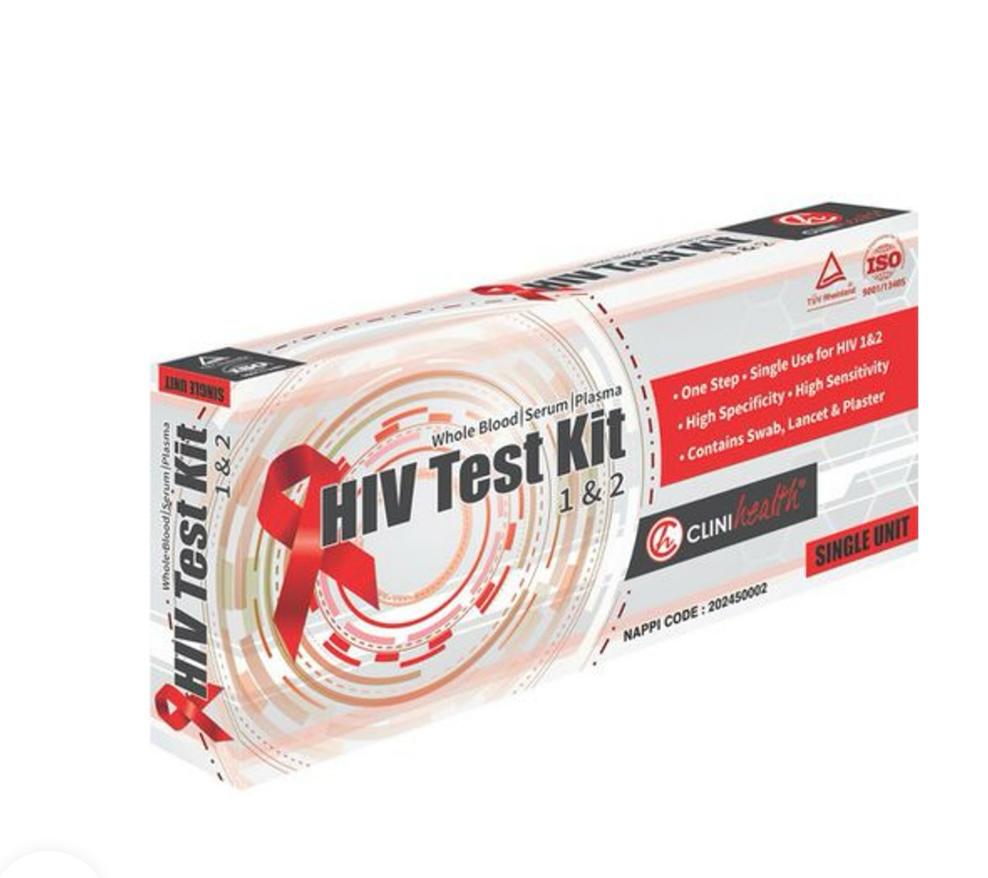
An annual injection designed to guard against Human Immunodeficiency Virus (HIV) has completed an important early safety trial, researchers report in The Lancet medical journal. Lenacapavir stops the virus from replicating inside cells.
If future trials go well – now it has passed the first, Phase I, testing hurdle – it could become the longest-acting form of HIV prevention available. Currently, people can take daily pills or sometimes have injections every eight weeks, for pre-exposure prophylaxis (PrEP), to reduce their risk.
PrEP tablets are highly effective but taking them every day can be difficult. About 39.9 million people are living with HIV, 65% of them in the World Health Organization African Region, according to the most recent figures, for 2023.
And the WHO, Global Fund and Joint United Nations Programme on HIV and Aids (UNAids) are all working on strategies to end the HIV epidemic by 2030, which include improving access to medicines such as PrEP.
Yearly dosing
For the trial, 40 people without HIV were injected into the muscle with lenacapavir, with no major side effects or safety concerns.
And after 56 weeks, the medicine was still detectable in their bodies.







